- Doctors & Departments
-
Conditions & Advice
- Overview
- Conditions and Symptoms
- Symptom Checker
- Parent Resources
- The Connection Journey
- Calm A Crying Baby
- Sports Articles
- Dosage Tables
- Baby Guide
-
Your Visit
- Overview
- Prepare for Your Visit
- Your Overnight Stay
- Send a Cheer Card
- Family and Patient Resources
- Patient Cost Estimate
- Insurance and Financial Resources
- Online Bill Pay
- Medical Records
- Policies and Procedures
- We Ask Because We Care
Click to find the locations nearest youFind locations by region
See all locations -
Community
- Overview
- Addressing the Youth Mental Health Crisis
- Calendar of Events
- Child Health Advocacy
- Community Health
- Community Partners
- Corporate Relations
- Global Health
- Patient Advocacy
- Patient Stories
- Pediatric Affiliations
- Support Children’s Colorado
- Specialty Outreach Clinics
Your Support Matters
Upcoming Events
Child Life 101
Wednesday, June 12, 2024Join us to learn about the work of a child life specialist, including...
-
Research & Innovation
- Overview
- Pediatric Clinical Trials
- Q: Pediatric Health Advances
- Discoveries and Milestones
- Training and Internships
- Academic Affiliation
- Investigator Resources
- Funding Opportunities
- Center For Innovation
- Support Our Research
- Research Areas

It starts with a Q:
For the latest cutting-edge research, innovative collaborations and remarkable discoveries in child health, read stories from across all our areas of study in Q: Advances and Answers in Pediatric Health.
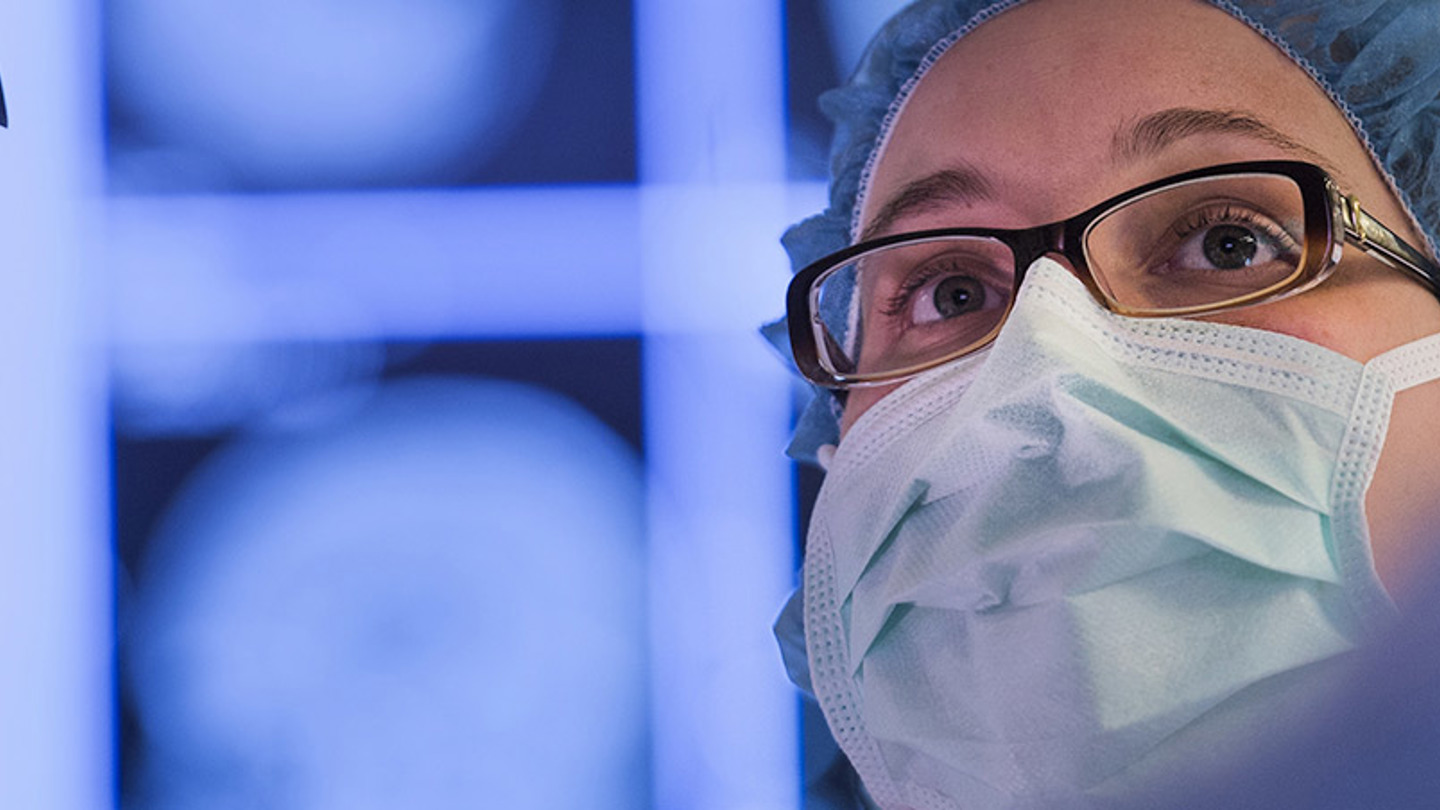
The multidisciplinary experts in the Epilepsy Program at Children’s Hospital Colorado diagnose and treat all forms of epilepsy. We care for babies, kids and young adults, ranging from those who have just experienced their first seizure to those suffering from chronic and debilitating epilepsy.
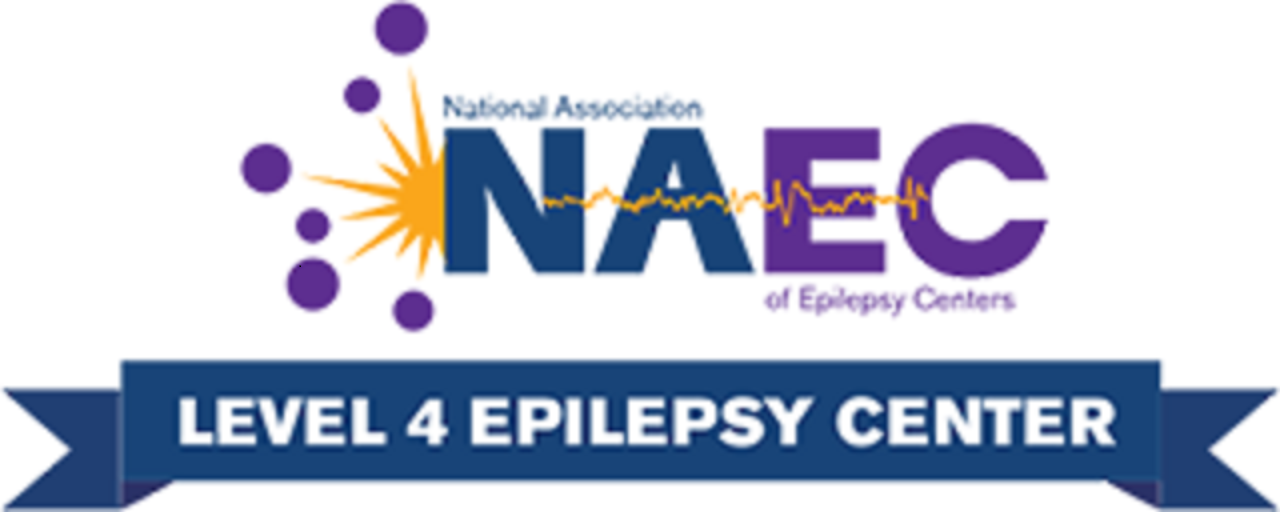
Children's Colorado is accredited by the NAEC as a level 4 epilepsy center. Level 4 epilepsy centers have the professional expertise and facilities to provide the highest level medical and surgical evaluation and treatment for patients with complex epilepsy.
Why choose Children’s Colorado for your child's epilepsy treatment?
Our pediatric-trained specialists offer multiple treatment options including medications, dietary options and surgical interventions to help control seizures in children.
Our epilepsy team provides a complete evaluation for all epilepsy types. As a NAEC level 4 epilepsy center, we offer advanced treatment options for complex patients, including a broad range of surgical procedures, various epilepsy diets and clinical medication trials.
Our multidisciplinary epilepsy surgery team is designed to meet the needs of the child from presurgical testing to postsurgical extended care. We have a surgical nurse program coordinator that works closely with families to help guide them through the surgical pathway.
Our providers also use advanced technology to ensure the best outcomes for children:
- By using our Brain Lab® image-guidance surgery, our neurosurgeons can perform complex brain operations with virtual visualization of critical brain structures to help locate the seizure onset and improve surgery outcomes.
- We use state-of-the-art laser technology to target deep brain lesions through very small openings.
- Our neurosurgeons use a robotic surgical assistant (ROSA) to plan each step of a child’s operation in advance and to precisely place sEEG electrodes that can localize a deeper seizure onset zone.
We partner with hospitals in New Mexico, Montana, Kansas, Nebraska and Wyoming to help co-manage complex epilepsy patients. We’re working to expand our telemedicine offerings to reach epilepsy patients in underserved and remote areas of Colorado and the surrounding states.
Our epilepsy team actively participates in the community to raise epilepsy awareness and support. We promote epilepsy camps through the Epilepsy Foundation of Colorado and Wyoming.
Our multidisciplinary approach to epilepsy care
Our epilepsy team offers treatment for a variety of conditions, including:
- Lennox-Gastaut syndrome (LGS): a severe type of epilepsy with several different types of seizures
- Landau-Kleffner syndrome: a rare form of childhood epilepsy
- Dravet syndrome: also known as severe myoclonic epilepsy of infancy (SMEI), is a rare genetic form of epilepsy that is often triggered by temperature changes
- Doose syndrome: also known as myoclonic astatic epilepsy, is a form of epilepsy usually with hard-to-control seizure types
- Infantile (West syndrome) or epileptic spasms: consists of a sudden stiffening of the body, arms, legs, with the head bent forward
- Electrical status epilepticus during slow-wave sleep (ESES): a rare form of epilepsy also called “continuous spike-wave of slow sleep”
- Childhood absence epilepsy: a form of epilepsy in which a child will stare off with a glazed look; can be accompanied by blinking, chewing, facial twitching, and it is very brief in duration
- Juvenile myoclonic epilepsy: a generalized epilepsy condition that typically manifests in late childhood
- Sturge Weber syndrome: characterized by a birthmark of the face called “port-wine stain,” glaucoma, seizures, intellectual disabilities and abnormalities in the brain
- Glut-1 deficiency syndrome: rare genetic metabolic disorder characterized by deficiency of a protein that is required for glucose transportation in the brain and is commonly characterized by seizures and cognitive impairment
- Cortical dysplasia: an abnormality in the development and organization of the cerebral cortex (part of the brain) that can cause seizures and other neurologic disorders
- Tumors: clumps of cells in the brain that are dividing incorrectly (too much or too fast)
- Congenital brain malformations: an abnormality in the brain present since birth
- Strokes: occurs when a blood vessel that carries oxygen and nutrients to the brain is either blocked by a clot or bursts
- Trauma: a serious injury
- Tuberous Sclerosis: a neurogenetic disorder with multiple organ involvement including skin, kidneys, heart, eyes and brain. Brain issues include developmental delay, autism, benign tumors and seizures.
- Other Neurogenetic disorders: rare genetic conditions characterized by developmental delay and seizures such as Rett Syndrome and Angelman’s Syndrome
Our epilepsy surgical pathway offers a comprehensive workup including:
- Epilepsy monitoring unit (EMU): an inpatient video EEG monitoring service staffed by nurses, EEG techs and providers specialized in pediatric epilepsy
- Functional magnetic resonance imaging (MRI): diagnostic imaging procedure that helps localize important areas of the brain, including language, motor and vision
- 3T MRI: a high-resolution MRI that provides a more precise or clearer picture of the brain
- Positron emission tomography (PET) scan: an imaging study that shows the brain’s use of glucose; it is used to help identify areas of the brain that are affected by seizures
- Ictal single photon emission computed tomography (SPECT) scans: an imaging study that helps identify seizure onset by looking at blood flow in the brain during a seizure
- Magnetoencephalography (MEG) scan: an imaging study used to identify the area of the brain where abnormal discharges that can cause seizures are coming from
- Neuropsychology evaluation: evaluates how a neurological disorder impacts learning, language, memory, skills and behavior
- Visual field testing: evaluation of central and peripheral (“side”) vision to understand surgical impact
- WADA, also known as intracarotid sodium amobarbital procedure (ISAP): a study used to determine which side(s) of a patient’s brain controls language and memory
- Stereoelectroencephalography (SEEG): a minimally invasive surgical procedure in which a surgeon makes multiple tiny holes (about the width of a piece of spaghetti) in the child’s head and then places long electrodes in the brain around the area that seizures may be coming from; this procedure is used to guide surgical resection and map functional areas
- Grid surgeries: invasive surgical EEG monitoring procedures that use flat “grids” (multiple electrodes attached together) to map seizure activity and functional areas, and guide surgical resection
- Responsive neurostimulation (RNS): a device that can monitor and respond to brain activity and automatically delivers direct stimulation to the brain when a seizure occurs
- Vagus nerve stimulation (VNS): a device that provides stimulation through the vagus nerve to the brain to decrease or prevent seizure activity
- Resective epilepsy surgery: removal of brain tissue where the seizures originate
- Intraoperative monitoring: brain or nerve activity monitoring during surgical procedures
- Multidisciplinary epilepsy patient care conference: a meeting where providers from various specialties discuss a patient’s condition and the best approach for care
- Multidisciplinary epilepsy surgery clinic: a meeting where patients and families are able to speak with multiple providers to learn about and discuss surgical recommendations
- Genetic testing: helps our specialists better understand how various genes may produce a specific epilepsy syndrome
- Deep Brain Stimulation: a device that provides stimulation to the thalamus which is an area deep in the brain. This stimulation will decrease or prevent seizures from occurring
Neuropsychology for epilepsy
Common cognitive and behavioral challenges often occur in children with epilepsy, including memory concerns, learning difficulties, behavioral problems, anxiety and mood disorders.
When evaluating children who have seizures, the neuropsychologist can help parents understand whether their child is having learning problems that are related to the seizures, medications or other causes. Specialized evaluations are done when epilepsy surgery is being considered to help guide the surgical discussion related to ongoing brain development.
Our neuropsychology providers can make recommendations for interventions that may include:
- Therapies (for example: speech-language or occupational therapy)
- Tutoring
- 504/IEP plans at school
- Referrals to other providers to address specific concerns
Our team will also use the information gathered during this evaluation to track your child’s progress over time.
Ketogenic diet and nutritional support for epilepsy
The ketogenic diet is a treatment for seizures used when anti-seizure medications have failed or have unwanted side effects. The diet is very high in fat, fairly low in protein and very low in carbohydrates. Our Ketogenic Diet Team includes an epilepsy advanced practice provider and a Keto-trained registered dietitian with consultation by the pediatric epileptologist.
Our team designs a ketogenic diet specifically for each patient's nutritional needs. The diet requires medical management to ensure safety and maximize effectiveness. We review dietary treatment options with the family and gather information about the patient and family prior to giving recommendations about diet therapy.
Our goals of diet therapy are to decrease seizures with as few side effects as possible, with the least amount of disruption to the family. We’re focused on decreasing hospital stays and complications during the diet initiation.
We offer state-of-the-art treatment and evaluation from a specialized multidisciplinary team that includes:
- Epileptologist: a neurology doctor who has advanced training in the management of complex and difficult-to-control epilepsy
- Neurosurgeon: a doctor who specializes in the diagnosis and surgical treatment of the brain and spinal cord
- Neuropsychologist: a doctor who specializes in learning and behavior in relationship to a child’s brain development
- Social worker: licensed professional whose focus is to support the emotional wellbeing of the family and provide community resources
- Registered nurse (RN): a licensed nurse that can administer medication, provide patient instructions, perform basic procedures and provide patient education
- Registered dietitian: a nutrition expert who works with an epilepsy provider to manage prescribed epilepsy diets
- Rehabilitation provider: a provider who treats a wide variety of medical conditions affecting the brain, spinal cord and nerves with a goal to maximize a child’s independence and improve their quality of life
- Registered EEG technologist: a specialist who performs a number of EEG procedures to assess brain activity, including tracking brain and nerve function during surgery
- Epilepsy advanced practice provider: a nurse practitioner (NP) or physician assistant (PA) with expertise in the management of complex epilepsy
- Neuroradiologist: a doctor with specialized training to identify abnormalities of the brain and spinal cord on radiologic images
- Psychiatrist: a doctor who specializes in treating mental health issues related to mood and behavior
- Neurologist: a doctor that has completed specialized medical training in the care of children and adolescents with disorders of the brain, spinal cord, nerves and muscles
- Genetics counselor: a professional with specialized training in genetics and counseling of families regarding inherited medical conditions
At Children’s Colorado, we offer care from different subspecialties to help you care for your child with epilepsy. As part of our program, we also offer care from our:
- Epilepsy Surgery Clinic: a multidisciplinary clinic to meet with the epilepsy surgery team to discuss surgical options for a child’s seizures
- Ketogenic Diet Clinic: a multidisciplinary clinic specifically to help start, manage/maintain and provide support for patients on the ketogenic diet
- Neuromodulation Clinic (Deep Brain Stimulation and Responsive Neurostimulation): a clinic for children with implanted surgical devices due to difficult to control seizures where they are able to get their implanted device ramped or changed in terms of the settings
- New Onset Epilepsy Clinic: a multidisciplinary clinic with epilepsy and neuropsychology where a child with newly diagnosed epilepsy can get neuropsychological testing and a consultation with an epileptologist
- Seizure Safety School: a program our epilepsy team offers to help caregivers manage their child’s epilepsy at home and school
- Non Epilepsy Seizure Clinic: a clinic with a pediatric neurology provider where a child who has a new seizure can be treated and also have an EEG done prior to the clinic visit or on the same day of the clinic visit
- Tuberous Sclerosis Multidisciplinary Clinic: a multidisciplinary clinic with epilepsy, renal/urology, dermatology, neuropsychology, developmental pediatrics and genetics who treat children with this neurogenetic disorder
- 15q Multidisciplinary Clinic (Angelman’s): a multidisciplinary clinic with various providers such as epilepsy and genetics who treat children with this neurogenetic disorder
Emphasis on research in the Epilepsy Program
The Neuroscience Institute at Children’s Colorado is dedicated to advancing research to discover the best ways to treat, diagnose and cure children with neurological and neurodevelopmental disorders. Our doctors and scientists are internationally recognized leaders, making Children’s Colorado one of the leading pediatric research institutes in the world.
Our team works together in basic, translational and clinical research, supported by more than $3 million per year in grant and philanthropic funding.
- Basic research is the research done in the laboratory before therapies and tests get to humans.
- Translational research is known as “bench to bedside” research that tests how the theories developed in the lab can be used to help patients.
- Clinical research is conducted when there is a lot of data to support a treatment being helpful in curing or detecting disease in humans.
Through these innovative studies, we are able to improve treatment options and results not only for our patients, but for children around the world.
Get to know our pediatric experts.
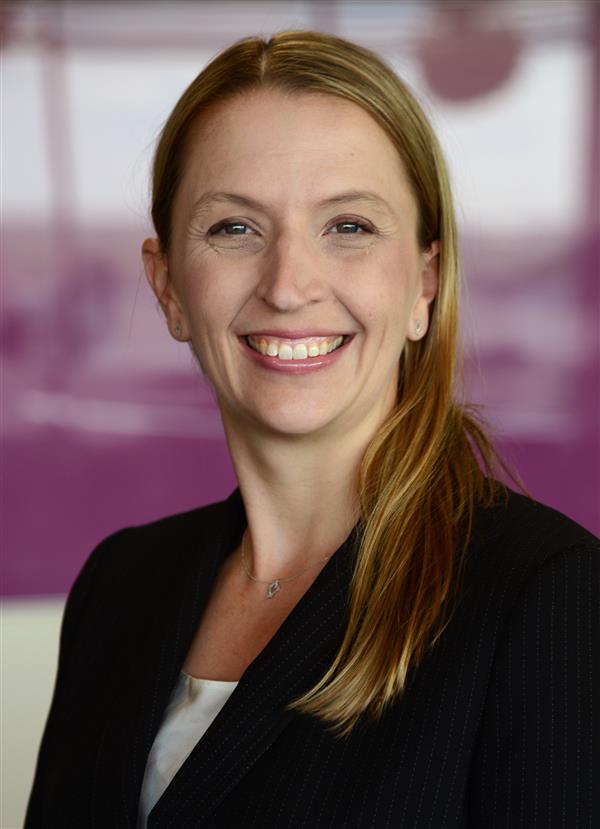
Allyson Alexander, MD
Neurosurgery, Neurosurgery - Pediatric

Kevin Ess, MD
Neurology - Pediatric, Neurophysiology
Patient ratings and reviews are not available Why?
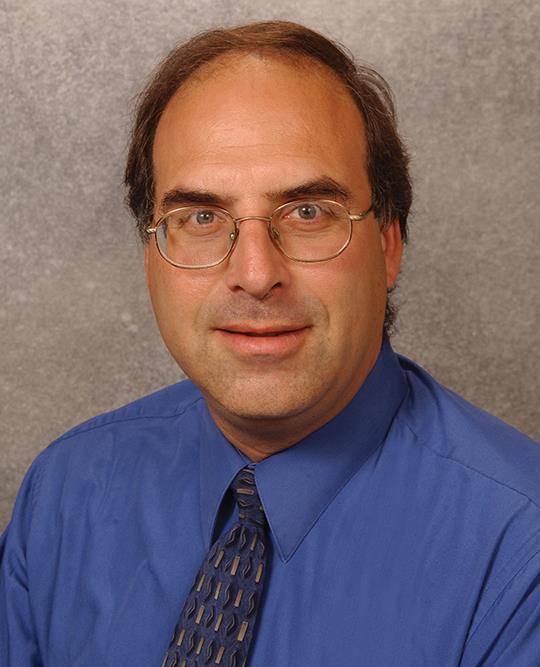
Andrew White, MD
Neurology - Pediatric, Neurology
Patient ratings and reviews are not available Why?
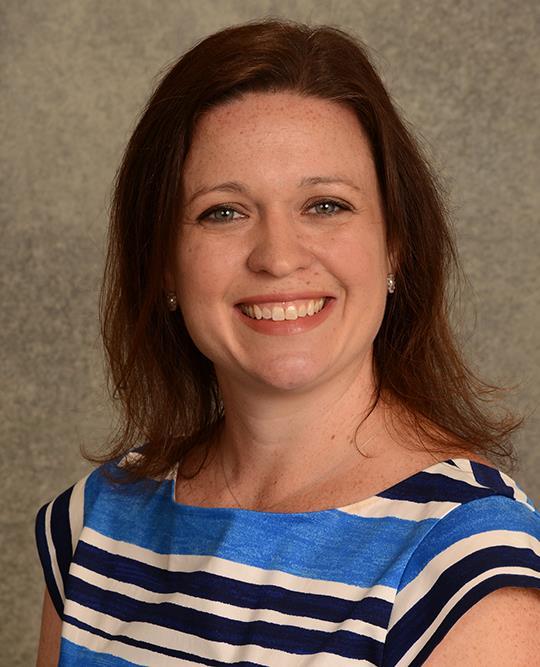
Alison Conley, CPNP-PC
Certified Pediatric Nurse Practitioner
Patient ratings and reviews are not available Why?



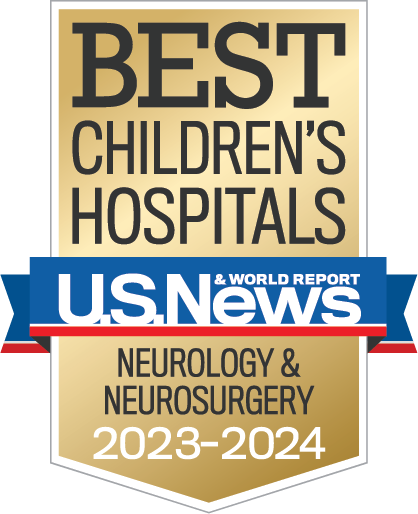 We provide comprehensive care for developmental and nervous system disorders ranging from complex neurosurgery to cognitive and behavioral counseling.
We provide comprehensive care for developmental and nervous system disorders ranging from complex neurosurgery to cognitive and behavioral counseling.